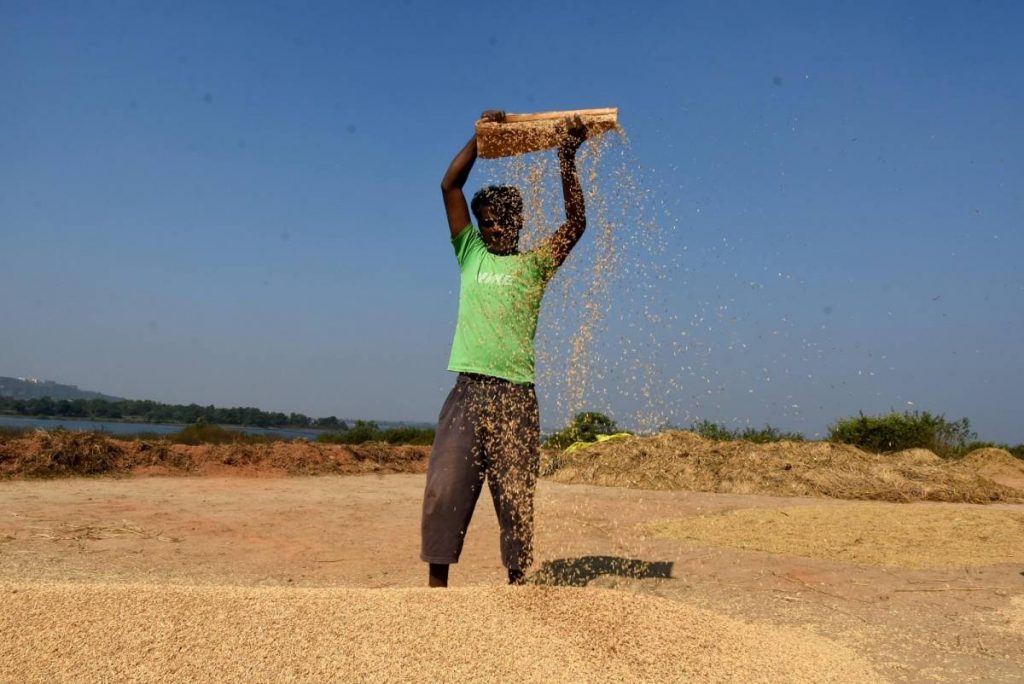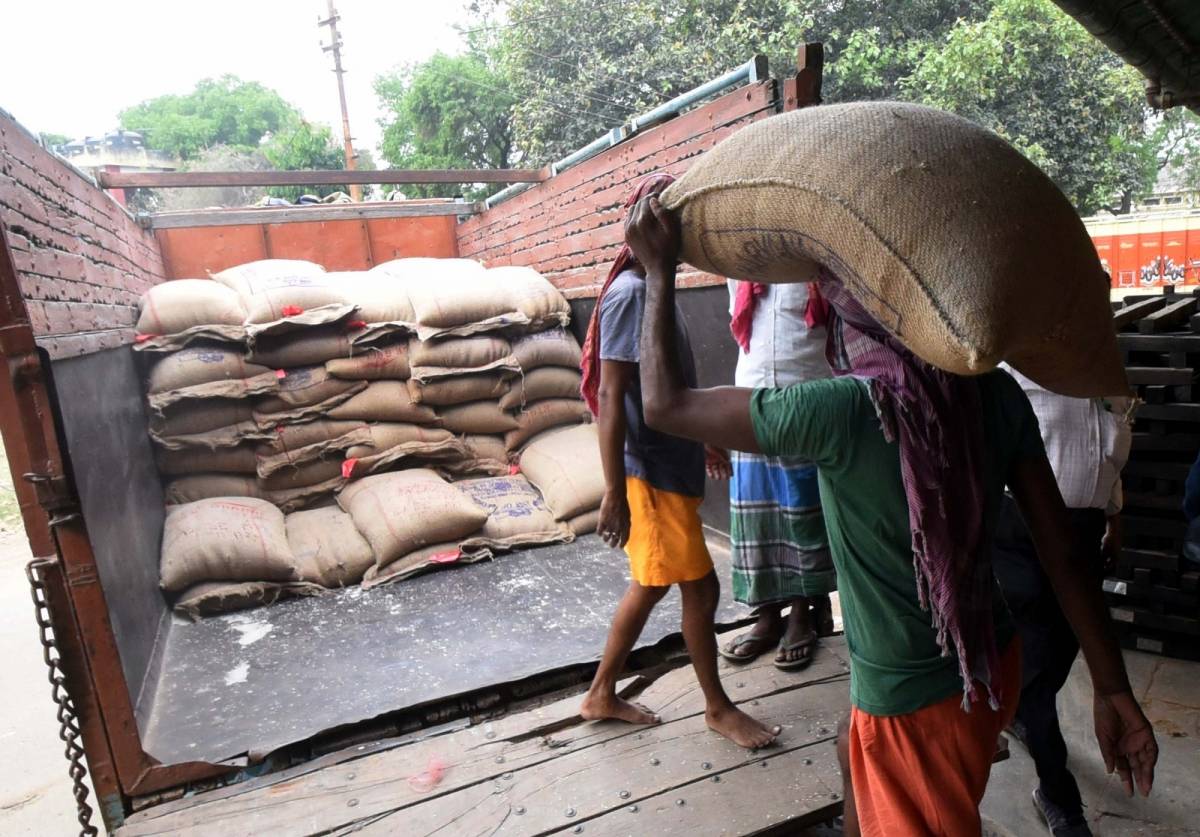This comes after the federal government, in the recently passed Federal Budget 2020-21, proposed to abolish one per cent rebate on annual sales of flour mills…reports Asian Lite News
The Pakistan Flour Mills Association (PFMA) has announced that all flour mills of the country have stopped supply of the commodity from Wednesday and will close operation from June 30 in protest against the proposed increase in three taxes related to the flour milling industry. The move is likely to exacerbate a flour crisis in the country.
“We will stop supplying flour from tomorrow and will stop operation from June 30. We have to resort to this protest due to unconcerned attitude of the government,” said PFMA Sindh Zone Chairman Chaudhry Muhammad Yousuf on Tuesday, reported The Express Tribune.
This comes after the federal government, in the recently passed Federal Budget 2020-21, proposed to abolish one per cent rebate on annual sales of flour mills; increase the sales tax on bran by 10 per cent and the sales tax on import of machinery used for making flour by 7 per cent.
The increase in turnover tax is expected to increase the price of a 20 kg bag by Rs 30 while the increase in sales tax on bran is expected to increase the price of each 20 kg bag of flour by Rs 67. The implementation of the taxes is likely to increase the price of a 20 kg bag of flour by Rs 97.
In a letter to Minister for Finance Shaukat Tarin, PFMA Chairman Asim Raza last week described the tax hike as an error by the Federal Bureau of Revenue and requested him to maintain the current rate of taxes.
Raza told The Express Tribune that the current sales tax concession rate on import of machinery used in flour making is 10 per cent which is being increased to 17 per cent in the next financial year.
An increase in taxes will significantly increase the cost of imported machines by millions of rupees. At present, 65 per cent of the total cost of setting up mills consists of the purchase and import of modern machinery.

Moreover, an increase in the sales tax on bran to 17 per cent is expected to increase price of a 20 kg bag of flour by Rs 60 to Rs 67.
The PFMA Sindh chairman said there is a need to import 3 to 4 million tons of flour in August in order to meet the local need. He said the country consumes 30 million tons of flour annually.
The federal budget passed by the Imran Khan-led government has been criticised by many people in Pakistan, with some arguing that it provides no relief for the common man, there are no incentives, no scope for job creation and revenue generation.
Finance Minister Shaukat Tarin was greeted by jeers from the Opposition benches, with members shouting slogans and taunting the finance minister by laughing loudly as he praised PM Imran Khan’s economic initiatives while presenting the budget for the fiscal year 2021-22. (ANI)
ALSO READ: Afghan leaders warned against blaming Pakistan during US visit













